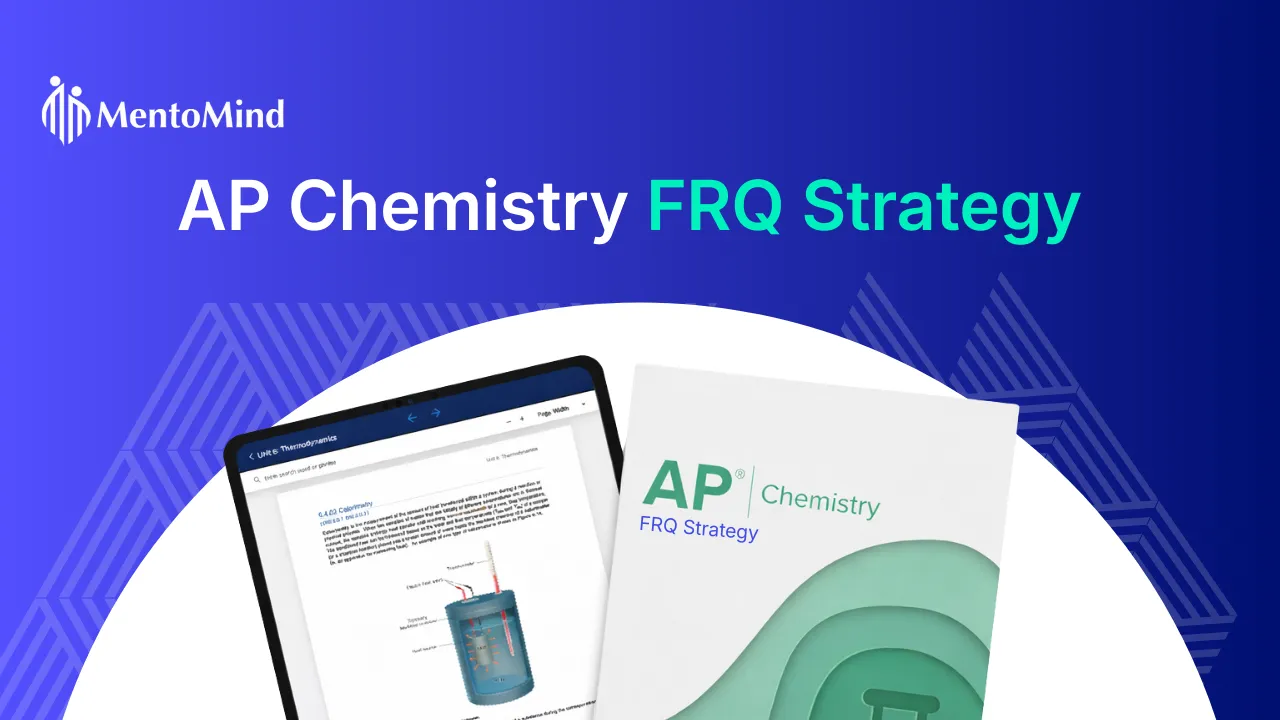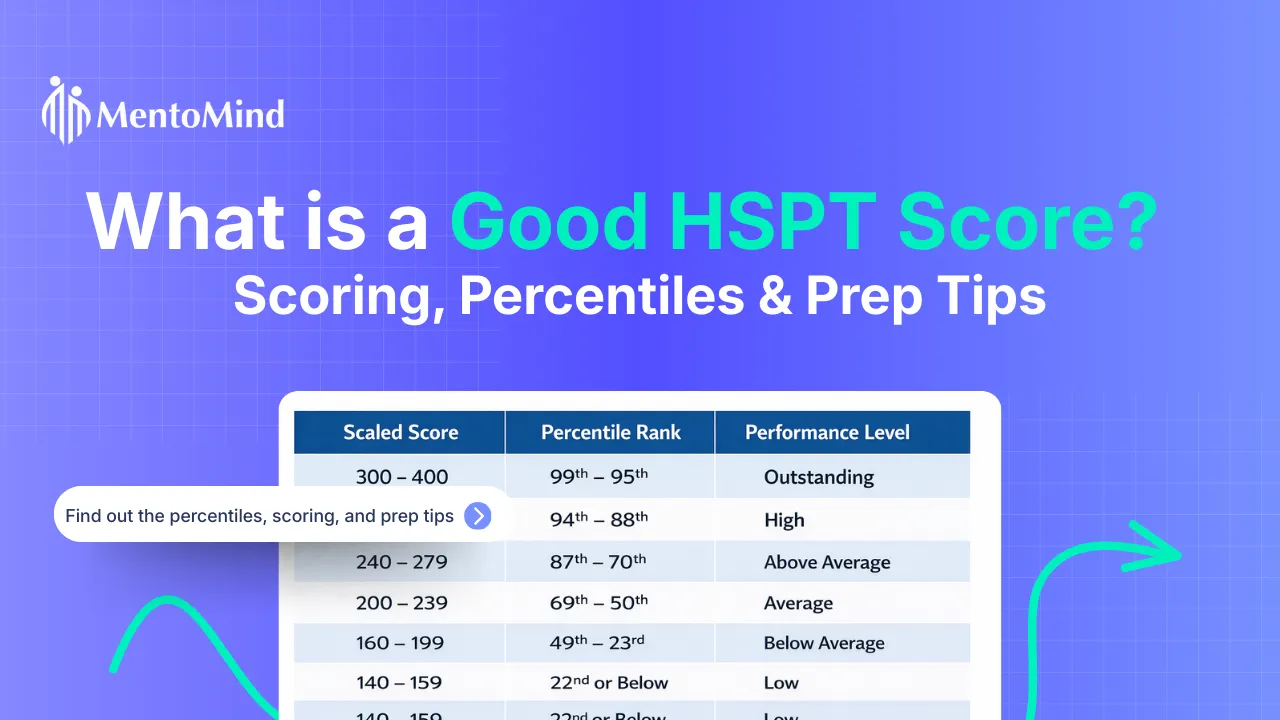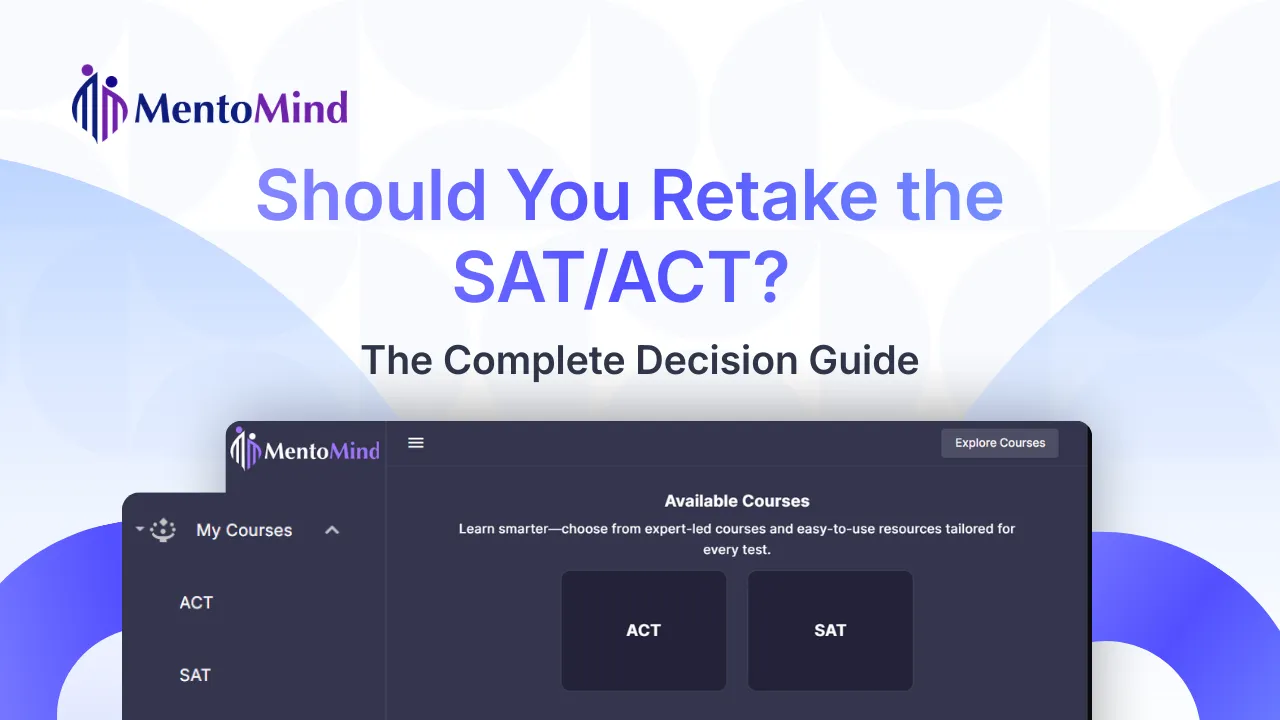Tutors can promote online courses without marketing experience by sharing their everyday teaching content publicly, answering student questions in online communities, offering preview lessons, and encouraging satisfied students to share their results. These methods work because they turn teaching activities into visible content rather than requiring traditional marketing skills.
Why Do Tutors Struggle With Promoting Their Courses?
Most tutors excel at teaching but feel uncomfortable with promotion because they view it as “selling” rather than teaching. This perspective creates unnecessary resistance.
The reality: effective course promotion for tutors means making your existing teaching visible to people who need help. When you share a clear explanation of a difficult concept or answer a common student question publicly, you’re demonstrating expertise. This attracts students naturally without requiring sales techniques.
What Makes a Course Easy to Promote?
Clear Outcomes Over Feature Lists
Students decide faster when they understand exactly what they’ll achieve. Compare these approaches:
Less effective: “15 video lessons covering SAT Math topics with practice problems”
More effective: “Master the 8 problem-solving strategies that appear on 70% of SAT Math questions”
The second version answers the student’s real question: “What will I be able to do after this course?”
Visible Structure and Previews
Include these elements to build trust before enrollment:
- 2-3 sample questions students can try immediately
- A preview video showing your teaching style
- Clear learning objectives for each section
- Expected time commitment (e.g., “4 weeks at 3 hours per week”)
How MentoMind helps: The platform’s course builder lets you organize content into clear topic hierarchies with PDFs, videos, and practice questions, making your course value immediately visible.
How Do You Turn Teaching Into Promotional Content?
What Counts as Teaching Content?
Every explanation you give students can reach potential new students when shared publicly:
- A 2-minute explanation of a confusing grammar rule
- A worked example of solving a tricky problem
- Three quick test-taking tips
- Common mistakes in your subject and how to avoid them
- Student before-and-after progress stories (with permission)
Where Should You Share This Content?
Start with one platform where your target students already spend time:
For SAT/ACT tutors:
- Reddit communities (r/SAT, r/ACT)
- College Confidential forums
- TikTok or Instagram Reels
For academic subject tutors:
- Subject-specific forums
- YouTube with short tutorials
- LinkedIn articles
- Your own blog
How Often Should You Post?
Consistency beats frequency. One helpful post per week for six months builds more momentum than daily posts for two weeks followed by silence.
Practical tip: Use MentoMind’s AI question generator to create practice problems based on topics students commonly struggle with. This gives you ready-made content to share that demonstrates your course’s value.
Can Student Questions Become Course Promotion?
Yes. Every question students ask represents what others struggle with too.
The Simple Process
- Student asks about quadratic equations in a tutoring session
- You explain it clearly (as always)
- You post that same explanation publicly with: “A student asked me today about solving quadratic equations. Here’s how I explained it…”
- Other students with the same question find your content
- They see your teaching quality and ask about your course
This works because you’re teaching publicly, not advertising. Your expertise becomes visible through genuine help.
What Should a Preview Lesson Include?
A preview lesson or mini-course gives potential students direct experience with your teaching. Keep it focused and immediately valuable.
Effective Preview Formula
Pick one specific problem students commonly face:
- How to avoid comma splices in writing
- Solving function notation in 10 minutes
- 5 SAT Math traps and how to spot them
Deliver a quick win:
- Keep it under 15 minutes
- Solve one real problem completely
- Students should finish knowing something new
End with a natural next step: “This strategy comes from Unit 3 of my full course where we cover 15 similar problem patterns.”
Using MentoMind: Create sample problem sets or share individual lessons as previews. Prospective students experience your teaching quality directly before enrolling.
How Do You Make Your Course Findable in Search?
You don’t need technical SEO knowledge. Simple habits make your course discoverable.
Use Clear, Searchable Course Names
Students search with questions, not jargon:
- ✓ “SAT Reading Strategies Course”
- ✓ “AP Calculus AB Exam Prep”
- ✗ “Elite Academic Performance Program”
- ✗ “Advanced Learning Solutions”
Answer Real Questions Students Ask
Write content that matches actual search queries:
Students search:
- “How do I improve my SAT math score?”
- “What’s the best way to study for AP Chemistry?”
- “How long should I study for the SAT?”
Your content should:
- Use these exact question phrases in headings
- Provide direct, specific answers
- Include examples and actionable steps
Simple On-Page SEO
- Use question-based headings (H2, H3)
- Answer the question in the first paragraph
- Include lists and bullet points
- Keep paragraphs short (2-4 sentences)
Where Should You List Your Course?
Education Platforms and Directories
Being present where students actively search makes discovery effortless:
- Subject-specific course marketplaces
- Tutoring directories
- Educational forums with course listings
- Local community education boards
Niche Communities
Target the specific communities your students participate in:
- Parent forums (for K-12 tutors)
- College application forums (for test prep)
- Subject-specific Discord servers
- Professional licensing exam communities
Does Word-of-Mouth Still Work for Online Courses?
Yes. Word-of-mouth remains exceptionally powerful for educational services. According to research, 88% of consumers trust recommendations from people they know more than any other marketing channel.
Why Word-of-Mouth Works for Tutors?
Parents trust other parents’ recommendations above all other sources when choosing educational services. A simple testimonial like “My daughter’s score went up by 80 points” influences decisions more than any advertisement.
How to Encourage Word-of-Mouth?
Make it easy:
- After students complete major sections, send a simple message: “Would you be willing to share your experience?”
- Provide a short form or template they can fill out
- Offer to write a draft based on their verbal feedback
Timing matters:
- Ask after students achieve visible results
- Request feedback while the improvement is fresh
- Follow up when students reach milestones
What to request:
- Specific improvements (“My reading score improved from 580 to 660”)
- What they found most helpful
- Who the course would benefit
According to data, 72% of consumers will share their good experience with a brand with others. Your job is simply to make sharing convenient when students have positive experiences.
Should You Integrate Your Course Into Regular Tutoring?
Yes. Natural integration sells better than direct pitching.
How Tutors Integrate Courses Seamlessly
During sessions:
- “Let me show you how I explain this in Unit 4 of my course”
- “This practice problem is similar to what we cover in the course”
- “Would it help if I assigned some problems from the course for homework?”
Benefits:
- Students experience your course’s organization
- They see how well-structured your materials are
- The course becomes a helpful tool, not a sales pitch
- Students naturally ask about full access
MentoMind feature: Assign specific problem sets or lessons to individual students, integrating course materials into personalized tutoring while demonstrating value.
What Information Helps Students Decide Quickly?
Students buy outcomes, not content. Make achievements clear.
Essential Information to Display
Learning objectives: “After this section, you’ll be able to solve any systems of equations problem in under 2 minutes”
Timeline: “Most students complete this course in 6-8 weeks at 4 hours per week”
Skills developed:
- Identify function transformations in 5 seconds
- Eliminate wrong answers using process of elimination
- Manage test anxiety with breathing techniques
Typical results: “Students who complete this course improve their math scores by an average of 60-80 points”
This clarity removes decision friction. Students understand exactly what they’re getting.
How Do You Improve Your Course to Promote Itself?
A course that delivers results becomes its own best marketing tool.
The Improvement Cycle
- Collect specific feedback:
- Which lessons were confusing?
- Where did students get stuck?
- What helped most?
- Make targeted updates:
- Add clearer explanations where students struggled
- Include more practice on difficult topics
- Improve lesson sequencing based on learning flow
- Results improve:
- Better student outcomes
- More enthusiastic testimonials
- Stronger word-of-mouth
When students achieve real results, they naturally share their experiences. This creates sustainable growth without constant marketing effort.
MentoMind analytics: View detailed data showing which questions students struggle with most, helping you identify exactly where to add explanations or create additional practice content.
What’s the Easiest Way to Start Promoting Your Course?
Choose one action this week:
Option 1: Share One Teaching Tip
Post a single helpful explanation related to your course topic on one platform.
Option 2: Ask for One Testimonial
Contact a student who improved and ask if they’d share their experience.
Option 3: Create One Preview
Extract one valuable lesson from your course and offer it as a free preview.
Option 4: Answer One Question
Find a forum where students ask questions about your subject. Answer one thoroughly.
Option 5: Update One Description
Rewrite your course description to focus on specific outcomes instead of features.
Pick whichever feels most natural. Do it consistently every week. Growth compounds over time.
Why These Methods Work Better Than Traditional Marketing
They Align With Teaching
You already explain concepts, answer questions, and help students improve daily. These strategies make that work visible rather than requiring new skills.
They Build Trust Through Demonstration
Students see your expertise in action before enrolling. This reduces hesitation and increases conversion.
They Create Sustainable Growth
Quality teaching generates word-of-mouth automatically. You’re not dependent on constant advertising or complex campaigns.
They Feel Natural
When promotion feels like teaching, you do it consistently without burnout or discomfort.
Start by answering questions in online communities where your target students gather. Share helpful teaching content publicly. Create a free preview lesson. These activities build visibility before you have testimonials.
No. Many tutors build successful courses entirely through organic methods: helpful content, community presence, previews, and word-of-mouth. Paid advertising is optional.
Focus on text-based platforms like forums, Q&A sites, or your own blog. You don’t need video or social media presence to promote effectively.
Most tutors see initial interest within 2-4 weeks of consistent content sharing. Building sustained momentum typically takes 2-3 months of regular effort.
Yes, when relevant and helpful. After thoroughly answering someone’s question, you can add: “I cover this topic in detail in my course if you want to learn more.” Focus on helping first.
Ask them directly. Most students are willing to share feedback when requested, but won’t do it spontaneously. Make it easy with a simple form or specific questions.
One or two high-value previews work better than many low-value ones. Quality matters more than quantity.
No. Share enough to demonstrate expertise and teaching quality, but save the comprehensive, structured learning for the paid course. Free content should create appetite, not satisfy it completely.



